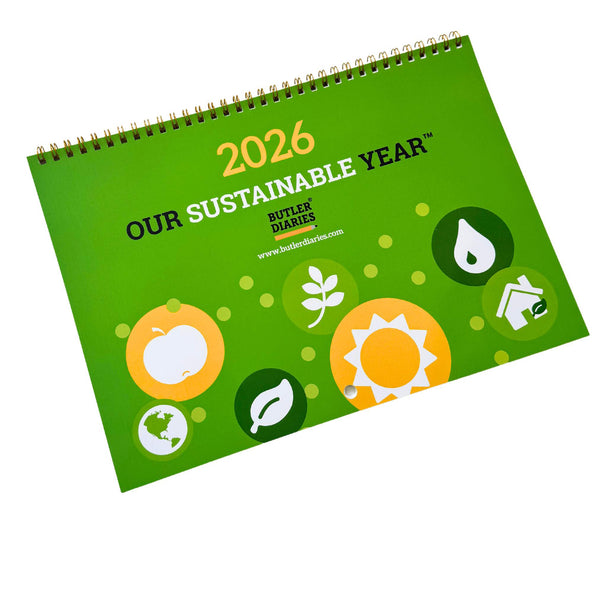As the world becomes more environmentally conscious, the construction industry in Australia is stepping up to the challenge by adopting sustainable and green practices. With a growing emphasis on reducing carbon footprints, conserving resources, and creating eco-friendly structures, the Australian construction sector is paving the way for a greener future. We will explore some of the key sustainable practices that are shaping the industry and the benefits they bring to both the environment and the community. If you're a business owner, it's important to consider these principles and implement them into your own business or risk getting left behind.
1. Energy-Efficient Building Designs
One of the primary focuses of sustainable construction in Australia is energy efficiency. From residential homes to commercial buildings, architects and construction professionals are embracing designs that reduce energy consumption. This includes optimising natural light and ventilation, using energy-efficient windows and insulation materials, and incorporating renewable energy solutions like solar panels. Energy-efficient buildings not only lower operational costs for occupants but also contribute to a significant reduction in greenhouse gas emissions.
2. Eco-Friendly Materials
The choice of construction materials plays a vital role in determining the overall environmental impact of a building. Sustainable construction in Australia promotes the use of eco-friendly materials, such as recycled steel, reclaimed timber, and low-impact concrete. These materials help conserve natural resources, reduce waste, and minimise the carbon emissions associated with traditional construction materials. Additionally, green materials often have lower volatile organic compound (VOC) emissions, promoting healthier indoor air quality.
3. Water Conservation Measures
Australia is no stranger to water scarcity, and sustainable construction practices address this concern. Builders are implementing water-efficient systems, such as rainwater harvesting, greywater recycling, and low-flow plumbing fixtures. These measures not only reduce the strain on local water resources but also help occupants save on water bills. Sustainable landscaping practices, like xeriscaping, are also gaining popularity, minimising the need for irrigation and reducing water consumption in outdoor spaces.
4. Waste Reduction and Recycling
Construction projects can generate significant amounts of waste, but green practices focus on reducing, reusing, and recycling materials wherever possible. Builders are encouraged to implement waste management plans that divert construction debris from landfills. Salvaging and repurposing materials from demolition sites are becoming more common, contributing to a circular economy approach in the construction industry.
5. Green Certifications and Standards
Various green building certifications and standards are available in Australia, such as Green Star and NABERS (National Australian Built Environment Rating System). These certifications assess a building's environmental performance, encouraging developers, contractors, and property owners to achieve higher levels of sustainability. Many government projects and private developments are now aiming for green certifications to demonstrate their commitment to sustainability.
Conclusion
Sustainable and green practices in the Australian construction industry are not just a passing trend but a fundamental shift towards a more environmentally responsible future. By prioritising energy efficiency, using eco-friendly materials, conserving water, and managing waste wisely, the construction sector is contributing positively to the fight against climate change. We have designed our Construction Diary to help you plan and manage your jobs, check it out here.
As consumers, architects, and industry professionals alike embrace sustainable construction, we can look forward to greener, healthier, and more resilient buildings that make a positive impact on our planet and communities. By continuing to innovate and collaborate, the Australian construction industry is playing a crucial role in creating a sustainable legacy for generations to come.



















